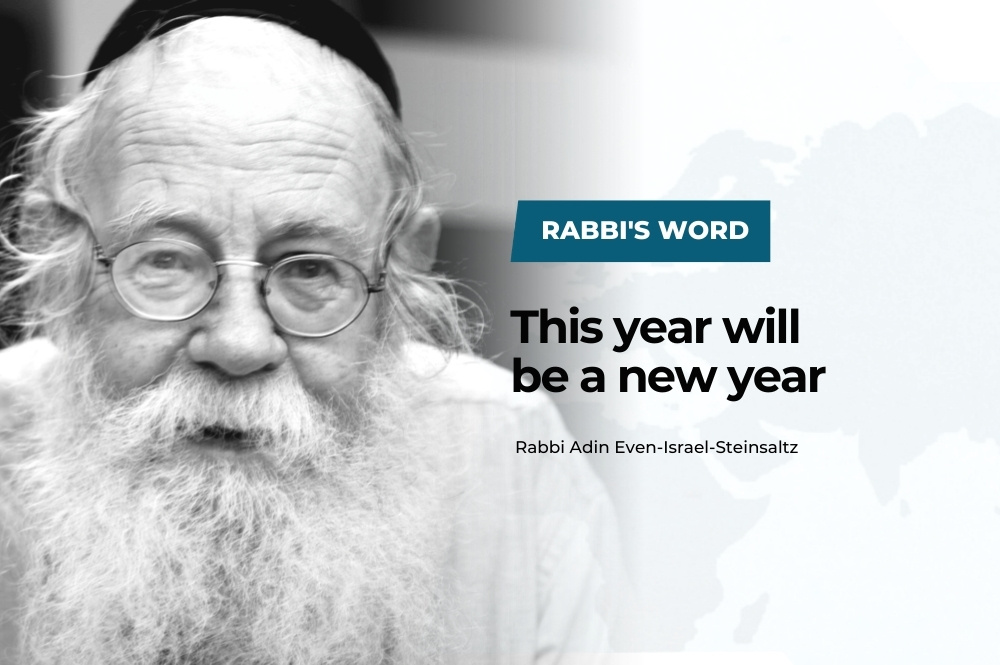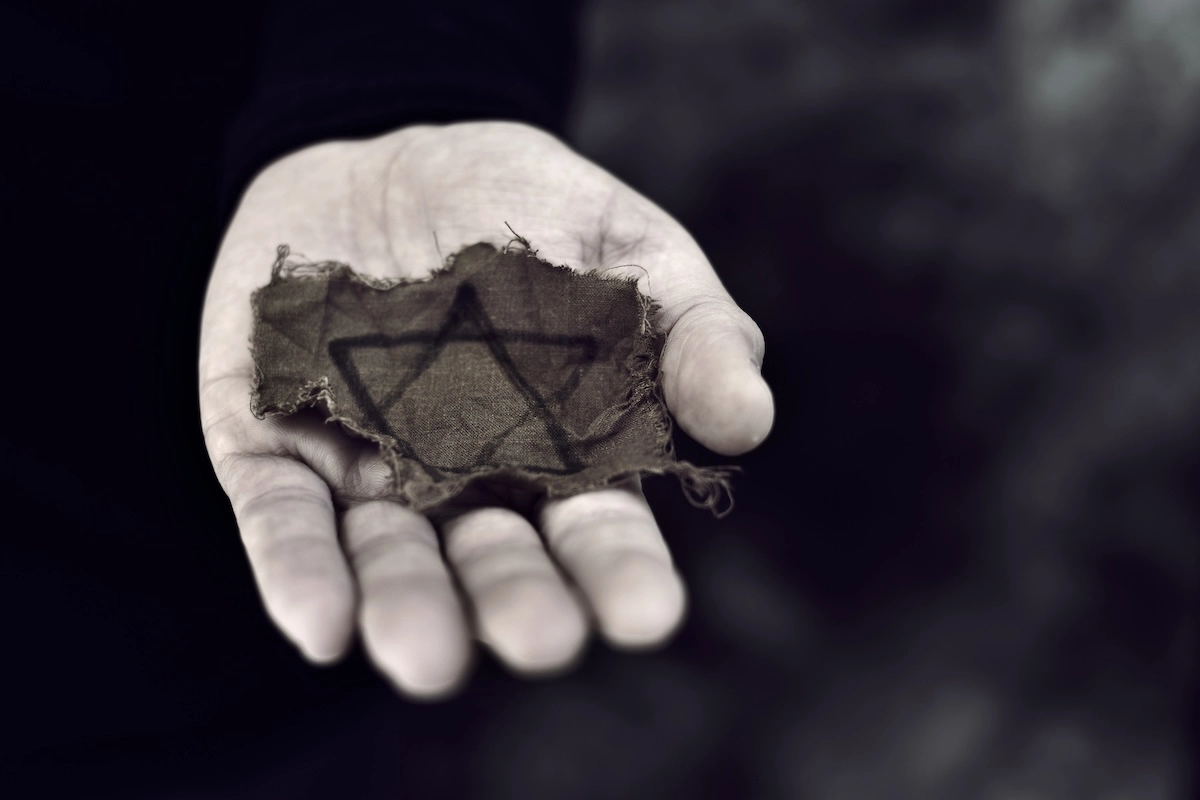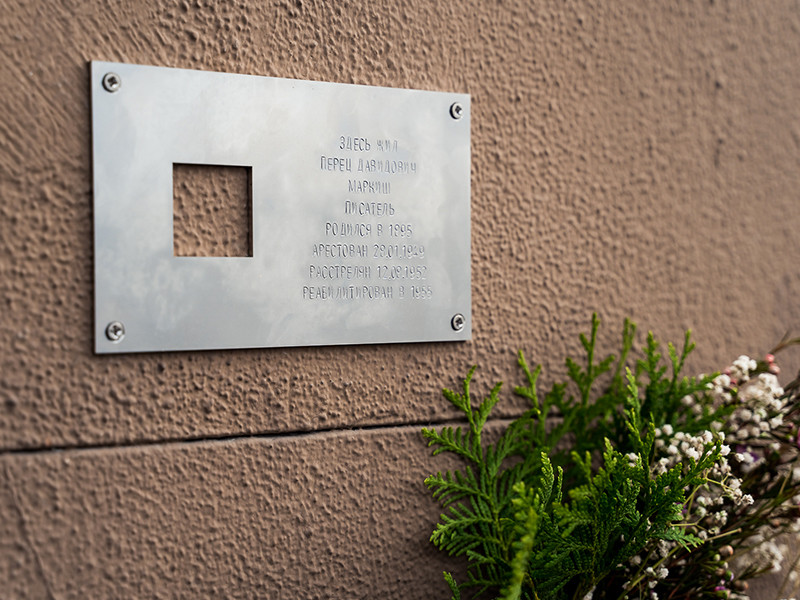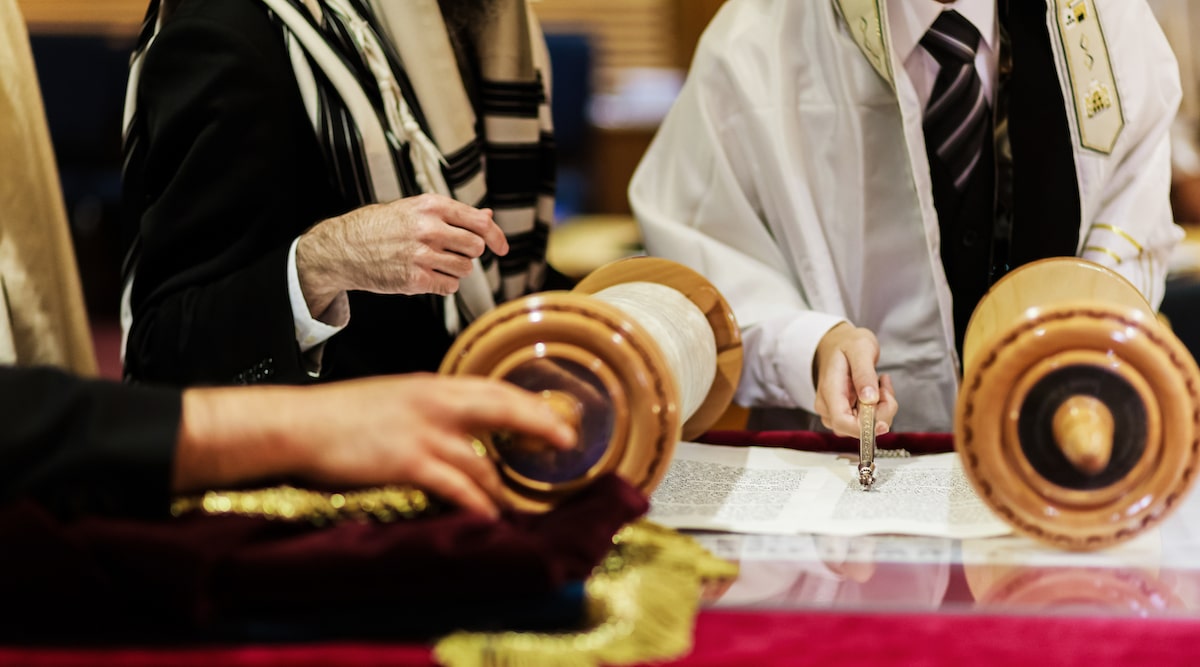
We continue cooperation with the institute of Rabbi Adin Even-Israel Steinsaltz and publish specially prepared material for the communities of the EAJC members.
Dear reader,
To our greatest regret, we publish this article after the death of Rabbi Steinsaltz, one of the greatest philosophers of our generation, a scientist and a Hasid. Let his memory be blessed. Without any doubt, we are yet to realize and discover the real scale of his personality in the years to come.
Lia Lea Shvets, Steinsaltz Centre
Rosh HaShana is the day on which the new year begins, and the central event of this festival day is the blowing of the shofar (ram’s horn). The shofar is not, and never was, a musical instrument. The shofar’s sound, particularly when broken into the tones of shevarim and teruah, is the sound of a cry, of sobbing and moaning. It is a sound that is threatening, agitating, and alarming. Maimonides writes, that in the blowing of the shofar on Rosh HaShana, there is an allusion, as though saying: «Awake you sleepers from your sleep, and slumberers arise from your slumbering… All who forget the truth in the follies of the times and err the whole year in vanity and emptiness that cannot benefit or save, look to your souls, improve your ways…” (Rambam, Hilkhot Teshuva 3:4)
The sound of the shofar is not meant to be pleasant to the ear; its purpose is to arouse and to shock, to awaken those who slumberer in the endless routine of life and guide them toward teshuva (repentance). The essence of teshuva is to stimulate the ability of self-renewal, one’s ability to again become oneself instead of being merely a copy – a copy of a newspaper advertisement, a copy of the neighbors, or even a copy of one’s younger and more authentic self.
Perhaps one might argue that teshuva, returning to a more religious way of life, is by no means the proper way to renew one’s selfhood. After all, isn’t religion, with its thousands of fixed details, commandments, duties and prohibitions, part of the endless repetition and routine, only redoubled?
In truth, religious obligation does not constitute further routine, but rather escape from it. There is certainly a routine of prayers, commandments and good deeds, but this system does not go hand in hand with the other routine of life. On the contrary, it clashes with that routine constantly. It interrupts the ordinary course of eating, drinking, and working, and that interruption of the uniform sequence stimulates change.
It is this “trivial” intervention of the halakha in all the small details of life that saves us from sinking into the mire of animalistic action. The halakha tells us: “Let us desist for a moment from this race! Let us switch for a moment to another system – a system of blessing, of prayer, of washing the hands – a system that is not connected to and does not flow from the daily course of affairs.”
There is an additional renewing aspect of religious life that is worthy of consideration. In any other realm, a person can carry on his activity like a robot for years on end, without feeling obligated to give more of himself than that. One may be a talented and successful worker in the office, an outstanding educator, a spiritual leader, a reliable husband, a loving father – and all these may be nothing more than a mask. Even worse, there may be nothing behind the mask!
This is not possible within the world of Judaism, however. One can lead a life of routine, but one cannot escape the knowledge that what he is doing is not right and not proper, that he is deceitful. Although one may be absorbed in a routine of mitzvoth, he is bound by the basic duty to direct his mind to what he is doing. He may certainly fool other people in this regard, but he cannot fool G-d, and therefore cannot take comfort in the thought that no one knows the truth.
Because the Jew maintains the feeling that he can and should lead a more meaningful life, he has a chance – at rare moments – to relive the primal experience of Ma’amad Har Sinai (the revelation at Sinai) and Zikaron LeYom Rishon (rememberance of the first day of Creation).
One year follows the other, “what has happened is what will happen” (Ecclesiastes 1:9). A person can spend his whole life repeating externals, which are never held to an accounting. For him, every year will be another old year, the very same thing again, an endless dream, a closed circuit from which there is no exit.
For this reason the shofar is sounded! This sound, which is not pleasant to the ear, is simply an outcry without any words; for there are no words through which everyone would hear the same message. This sound simply cries out. Sometimes it is a blast of broken sobbing over what has happened, over what has been lost. Sometimes it is a blast of warning against further pitfalls and sources of decline. And sometimes it is the sound of victory, of assurance that this year, in spite of everything, it is indeed possible that life will not be merely a repetition; that in the midst of the cycle of the seasons there is a door of hope; that this year will truly be a new year.
The Steinsaltz Center congratulates the EAJC and all readers of this column on Rosh HaShana and wishes them a good and successful year.
“May this year and its curses end, may the new year and its blessings begin!”



